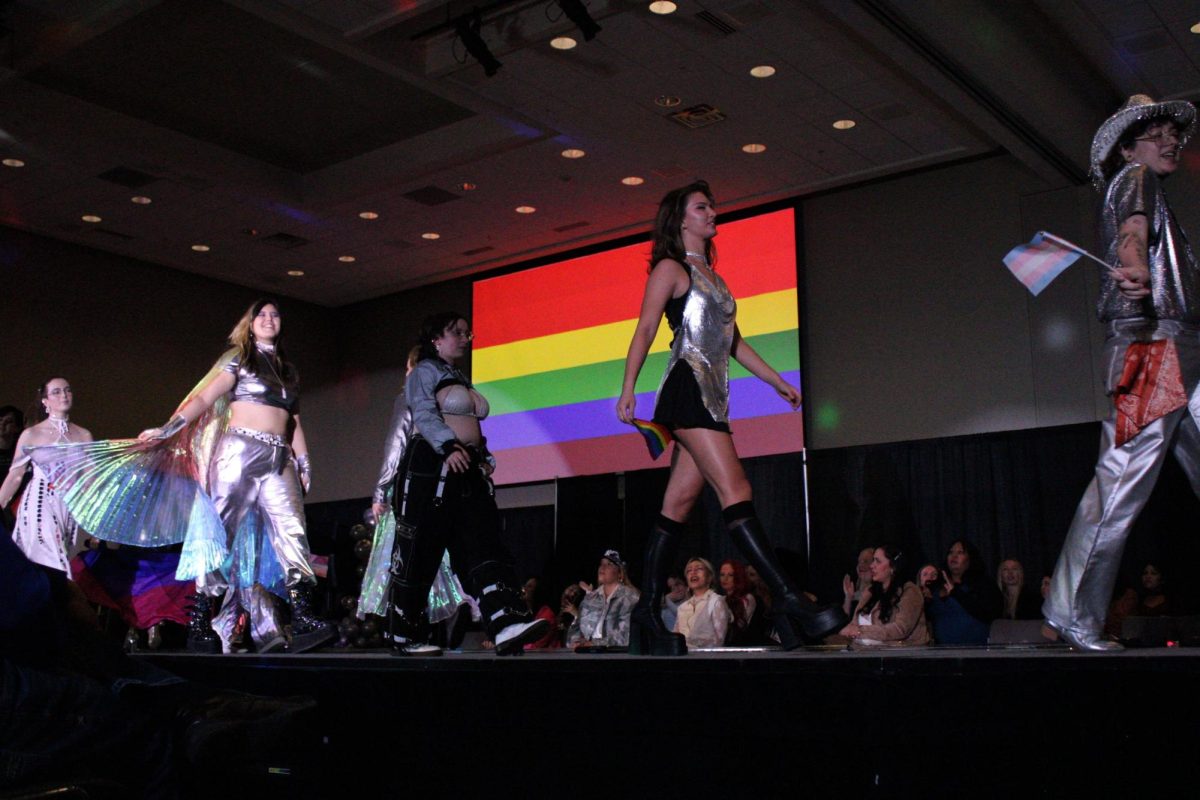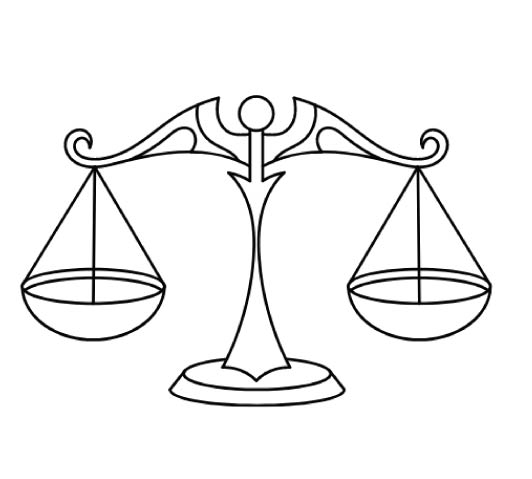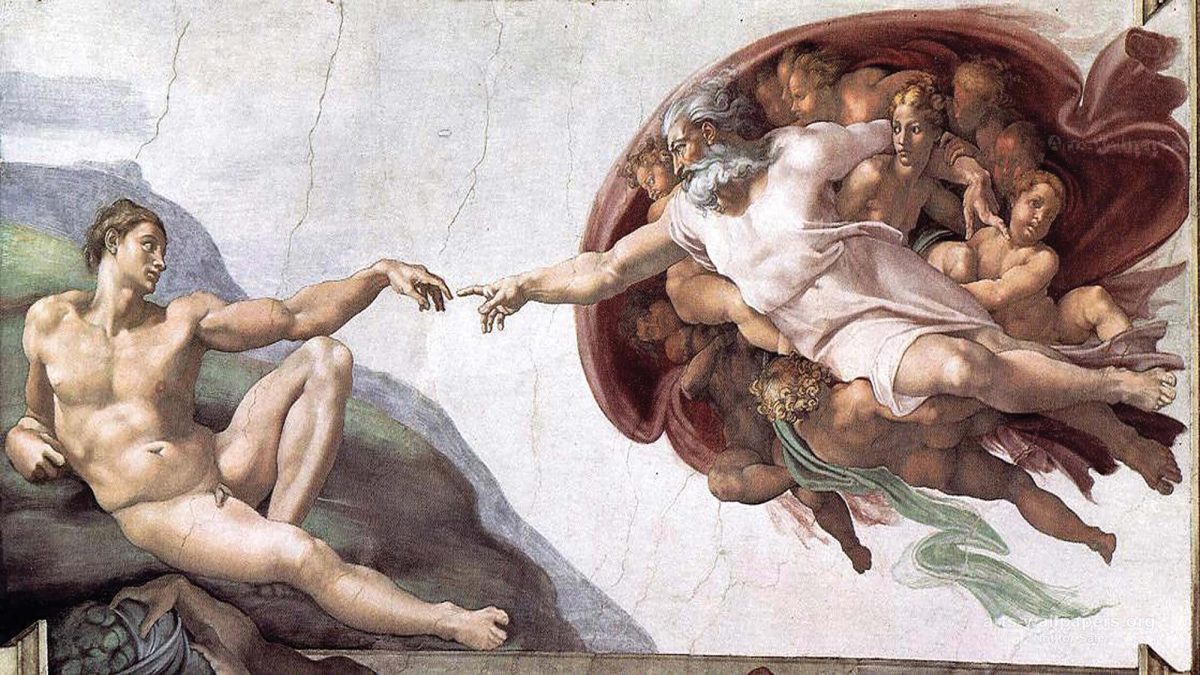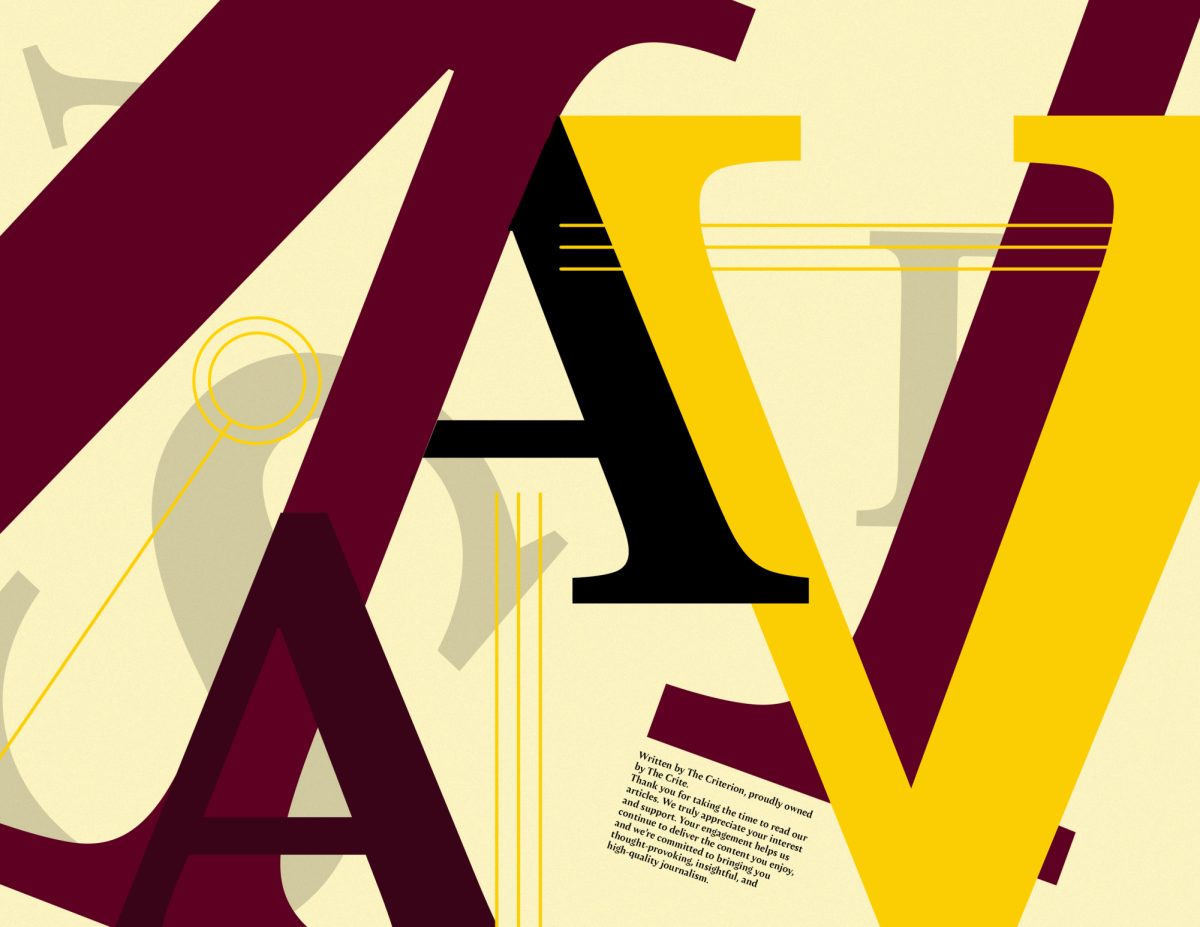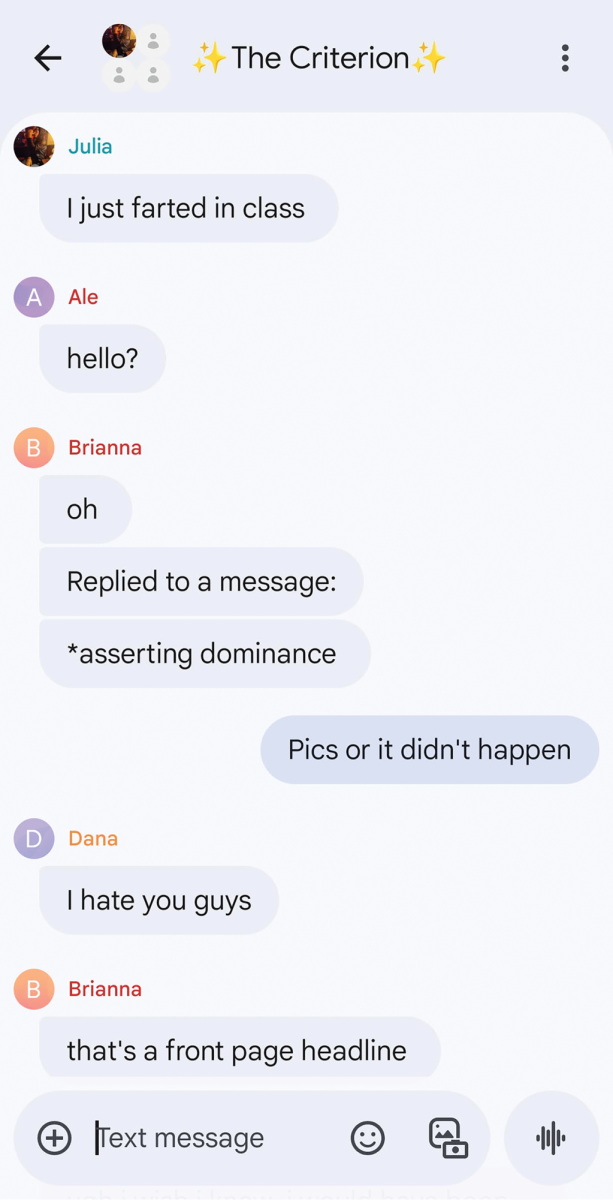LGBTQ, GLBT, SAGA, GSM, GSD, the queer community, the alphabet mafia, or as Frank Gallagher from “Shameless” so memorably put it, the “LGBT-E-I-E-I-O.” What do you call those of us who happen to be friends of Dorothy?
As queerness has become more accepted, it seems that new identities breed every day. It has spawned clunky acronyms that inspire tongue twisting from the best of supporters and outright mockery from the worst. Are all of the letters necessary, or do we lose punch and purpose by trying to cram as many identities as possible into an acronym?
Currently, the front runner for the socially acceptable and polite way to address queer people seems to be the acronym LGBTQ or LGBTQ+. Other acronyms, such as LGBTQIA+, 2SLGBTQIA, and LGBTQIAPD have emerged in an effort to include other marginalized identities, but these are convoluted and frankly excessive.
I believe all identities can be and are encompassed somewhere within the framework of LGBTQ (lesbian, gay, bisexual, transgender, queer). Being nonbinary, I’m not offended by the lack of a letter N in the acronym. Capital T “Transgender,” to me, covers all realms of gender diversity, and I don’t need an extra letter to “include” me in something that I am already inherently included in.
I would argue that in terms of the longer acronyms, inclusion of the I and the A are the most debatable.
Intersexuality is a term that encompasses a variety of medical conditions and it feels not only reductive and essentialist but othering to claim that a genetic condition automatically prescribes someone to a queer identity. Intersex people can (and do) self-identify as queer, but to predetermine it for them seems like an overstep.
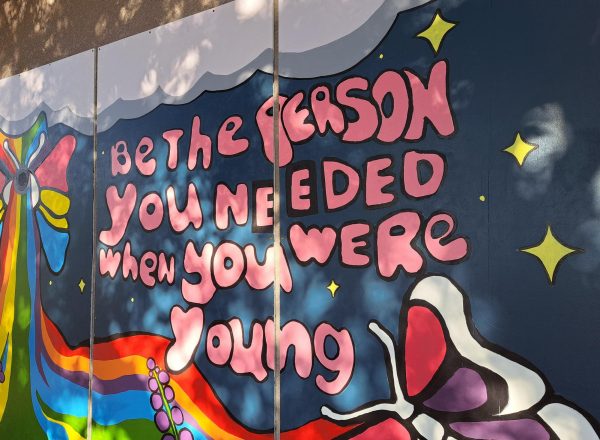
(Marigold Nugent)
The significance of the A is contentious as well, with some saying that it represents aromantic and asexual, while others claim it stands for ally. While I appreciate allies and believe that they are wholly necessary, the idea that supporting the community makes an ally queer in and of itself is strange. As for aromanticism and asexuality, they are covered under the umbrella of “queer” and don’t really require their own letter.
If there are so many umbrella terms, why can’t the acronym just be GBT? “Gay” covers all modes of same-sex attraction regardless of gender, so why do we need a separate letter for lesbians?
The answer to that question is rooted in lesbian activism of the ‘80s and ‘90s. As the early gay rights movement progressed, lesbians felt disenfranchised by a queer culture which was mostly dominated by men. Intersectionality and the prominence of lesbian feminism were partial contributors to the placement of “L” at the front of the acronym.
The AIDS crisis was a huge factor in fostering gay/lesbian solidarity, as many lesbians ended up being the only ones willing to care for gay men who were infected with HIV. Thereby, the L in LGBTQ has a special significance which not only warrants its own letter, but the first place slot. (Plus, LGBT is a bit less clunky to say than GLBT for most English speakers.)
At the end of the day, language changes and evolves on a daily basis. Queer used to be considered a largely derogatory word and is now widely accepted as a positive descriptor. Representations of identity are never perfect, and trying to quantify an entire community which contains incredible diversity in a few letters is an impossible goal. To me, the meaning and value of the acronym lies in knowing that you are a part of a community that shares triumphs and struggles.



